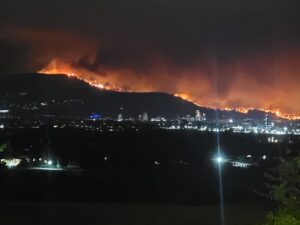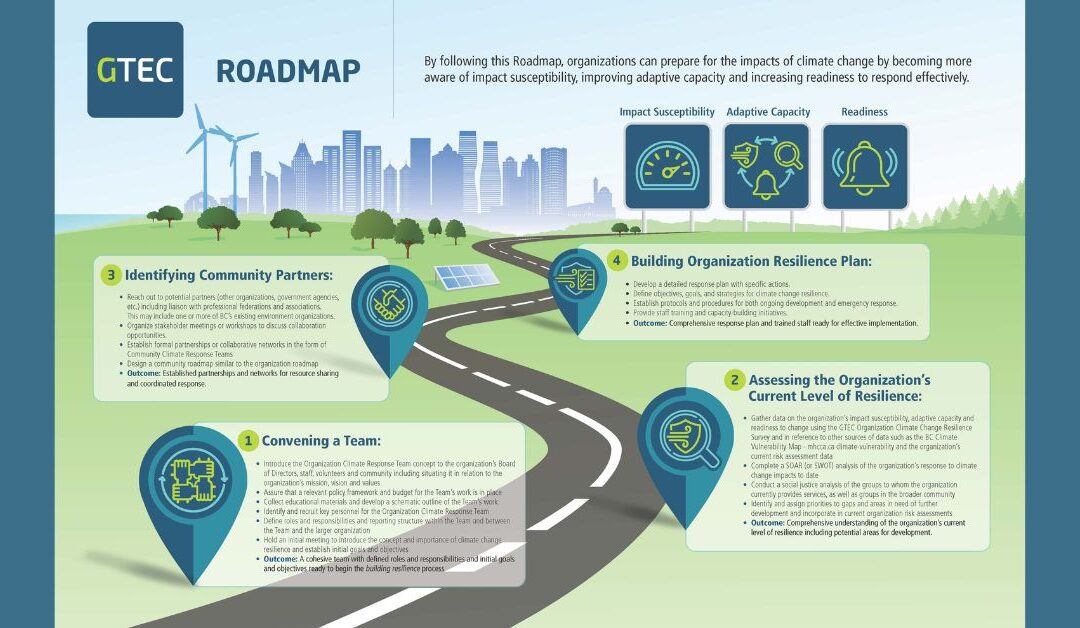By Arden Henley
The efforts of many of the organizations responding to the climate crisis in British Columbia and elsewhere are focused on effecting changes to municipal, provincial and federal government policy. This is undoubtedly important work. At the same time, government policy change needs to be complemented by educating the public and activating the existing infrastructure of community-based organizations.
A great deal of the news the public receives via mainstream and social media is disaster focused and paints a dire picture. These communication habits are often not helpful in educating the public and tend to evoke responses like – this is depressing, but way beyond me or it makes me feel terribly anxious, but there is nothing I can do about it.
The presentation of extreme weather events in the same vein we are used to learning about natural disasters also obscures the fact that they are unnatural disasters brought about by our addiction to generating energy by burning fossil fuels. Natural disasters, as horrible as they are, are discrete events. They happen and then they are over. This is not the case, as we are beginning to see, with the extreme weather events brought about by global warming. Climate crisis driven unnatural disasters are cumulative rather than discrete and overlap and interact with one another.

2023 McDougall Creek Wildfire
Accordingly, there needs to be more public education that is tailored to communities and delivered by community organizations. Such organizations need to be supported in confronting this crisis, as well as assisting their communities in responding.
GTEC in conjunction with the Federation of Community Social Services of BC and the Social Planning and Research Council of BC have made some strides in this direction. The GTEC Organization Climate Resilience Survey and Organization Climate Resilience Roadmap pictured above are some tools that might be helpful in this work. GTEC has also begun to work with the healthcare sector along similar lines.
When the public is asked what they think would be helpful their responses tend to focus on mitigation, that is the reduction of carbon emissions. People focus on waste management, recycling and upcycling initiatives. A number of government policies such as the carbon tax, as well carbon reduction initiatives in the corporate sector are having an impact.
However, overall and from a global perspective, planetary carbon emissions continue to rise. Average temperatures on the planet exceeded 1.6 degrees Celsius above pre-industrial levels every month of 2023 where 1.5 was considered by climate scientists as the critical level not to exceed.
From GTEC’s perspective the implication is that mitigation needs to be balanced by initiatives aimed at fostering adaptation and enhancing resilience. In this respect, GTEC’s Community-based Collaborative Model sees informing, activating and supporting community-based organizations as a critical step.
Read articles on climate change, sustainability, education, and more from GTEC’s Communication & Media (formally GTEC Blog)!
GTEC is at the forefront of solutions to the social and environmental challenges of our time. Our Climate Response Centre will be Canada’s first centre that combines a source of relevant and accessible educational and community development programming, and a centre of evolving community-based expertise about responding to climate change.

